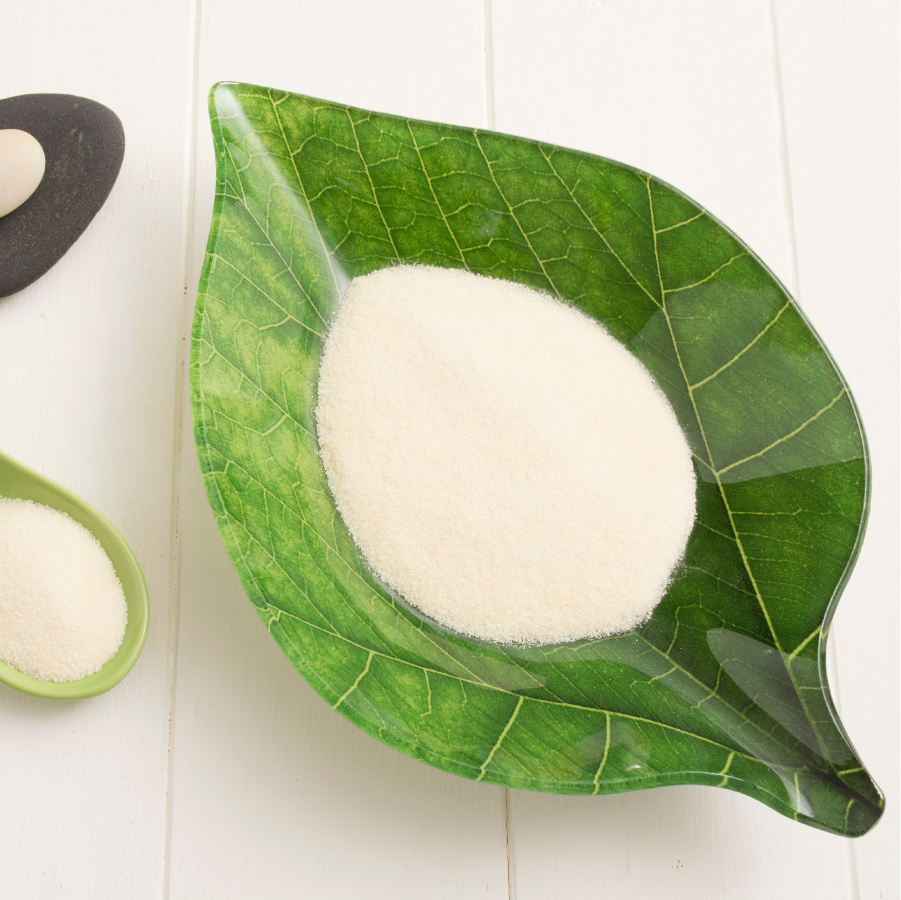How Muscular Weakness Affects The Immune System
Our immune system never breaks from its constant guard against infectious pathogens. Although our immune system is always working, it is rarely given much thought unless we are sick or trying to avoid contracting a virus. Natural ways to keep an immune system strong include adhering to healthy living guidelines like eating a diet rich in fruits and vegetables, working out regularly, and getting enough sleep. It's essential to think about our immunity, but should we also focus on our muscular fitness? Continue to learn more in detail.
Muscles And The Immune System: A Symbiotic Relationship
Skeletal muscle, which accounts for at least half of all body proteins, makes up about 40% of total body weight.
A recent study published in Science Advances provides supporting evidence for a correlation between muscle mass and immunological function, suggesting that more prominent individuals may be better capable of fighting off infections. Based on the findings, muscle tissue serves as a shelter for immune cells, where they may rest and recover from their relentless fight against foreign infections. T-cells, the kind of immune cell responsible for identifying and eliminating harmful bacteria and viruses, are known to decline in number and function when exposed to infection repeatedly. In rare cases, this is followed by weight loss and muscle mass characterized by the term "cachexia."
According to other researchers, muscles are well-known for their vital role in motion, power, and vitality. Nonetheless, there appears to be a link between strength and immune function, as evidenced by the findings. Muscles produce and secrete substances critical for developing, activating, and proliferating specific immune cells. In addition, although further research is necessary, there is evidence that a decrease in muscle mass is associated with a compromised immune system and infections.
Researchers found that decreased muscle mass and function were linked to increased inflammatory markers in the elderly. Lastly, muscle serves as a substantial reservoir for amino acids utilized by the body in times of stress or infection. Therefore, low protein intake and a lack of muscle mass might slow the body's recovery after an injury or infection.
A recent study found that after muscle injury, some immune cells produce a protein called GDF3 that stimulates the growth of new muscle fibers. The finding, published in the journal Immunity, might lead to the development of new therapies for exercise-related injuries, age-related muscle atrophy, and even muscular dystrophy.
Steps To Increase Muscular Health
Recent studies have found a link between muscle and the immune system, highlighting the importance of maintaining or improving muscle health.
Some simple techniques emphasizing exercise and healthy eating can be used to keep muscle mass. As we become older, this becomes even more critical. Muscle mass loss can be as high as 8% every decade for adults over 40, and this rate doubles for those over 70.
Four out of five older adults at risk of malnutrition in Singapore have low muscle mass, according to the SHIELD (Strengthening Health In ELDerly through nutrition) study. This may have implications for their overall health and immune function. However, older people who received individualized dietary counseling and consumed nutritional supplements experienced significant improvements in their nutritional status, physical function, and health.
Nutrition, especially for seniors, is crucial for health because it helps maintain strength and immune function, wards off disease, and speeds recovery from illness.
Thus, for over 45 years, scientists have been analyzing how different diets affect humans. As a result, nutritional intervention and dietary counseling can help older people, even those at risk of malnutrition, improve their nutritional status, mobility, and strength, allowing them to continue to enjoy life well into old age.
To Keep Muscles Strong
Maintain your muscular mass and strength by working up a sweat for at least 150 minutes each week with a moderate effort.
-
Get On A Good Eating Routine
Vegetables, fruits, whole grains, proteins, healthy fats, and minerals like vitamin D and calcium should all be staples in your diet.
Gain Muscle By Eating Protein. Eat 25-30 grams of protein each meal by eating poultry, seafood, eggs, nuts, beans, and dairy products. The protein needs of individuals aged 65 and above are greater than those of younger adults. Depending on their current nutritional status or the presence of acute or chronic illness, this need can be as much as double that of younger adults. Protein supplements or snacks, such as one before bed, can help you get the protein you need.
HMB is a naturally occurring chemical that helps keep and build muscle by reducing catabolism. HMB is a supplement to exercise that helps improve muscle strength and performance. Avocados, grapefruits, and catfish have HMB, but it's tough to get enough of it through food alone. As a result, HMB-containing dietary supplements may be helpful.
Lack of sleep may reduce the production of these protective cytokines. Insufficient sleep is also associated with a decrease in infection-fighting antibodies and cells. Therefore, your body requires rest to combat infectious diseases. In addition, during sleep, muscles increase the pace at which they release amino acids into the bloodstream, contributing to their subsequent growth and strength.
-
Supercharge your Immune System with Immunity Booster
YourHappy Immunity (Fizz), the best immune booster in India, will help your body fight against illness. The first clinically-proven immunity supplement. This all-in-one remedy is comprised of 15 very effective components. I hope your immunity works out well for you. Supplementing with it every day is like wearing a protective shield!
The Takeaway
The health benefits of maintaining or enhancing one's muscle mass are numerous. Building muscle is often thought of in terms of its influence on strength and energy, especially as we age, but recent studies have shown that it also has a beneficial effect on the immune system.
FAQ
Does muscle have any effect on the immune system?
Muscles release substances that activate proliferate, and disperse immune cells. Furthermore, data suggest that reduced muscle mass is linked to impaired immunity and infections. However, more research is needed to draw firm conclusions.
How do the muscles and the immune system work together?
According to the study, immune cells produce a protein called GDF3 that stimulates muscle fiber growth after muscle injury. The Immunity discovery may lead to new treatments for exercise-related injuries, age-related muscle atrophy, and muscular dystrophy.
How does exercise affect the body's immune system?
Antibodies and white blood cells are modified by exercise (WBC). White blood cells (WBCs) are the immune system's primary weapon against infections. In addition, these white blood cells (WBCs) or antibodies have a higher circulation rate, enabling earlier illness diagnosis. However, it needs to be clarified if these changes prevent infections.
When does the immune system become weak?
Moreover, the immune system can temporarily weaken by flu, mono (mononucleosis), and measles. Smoking, alcohol use, and a poor diet can weaken the immune system.







